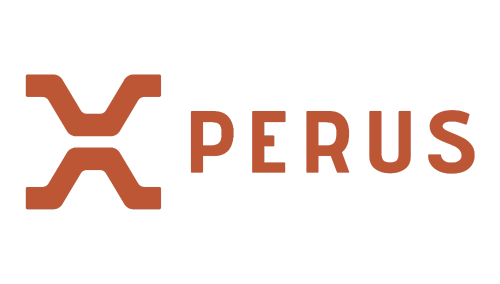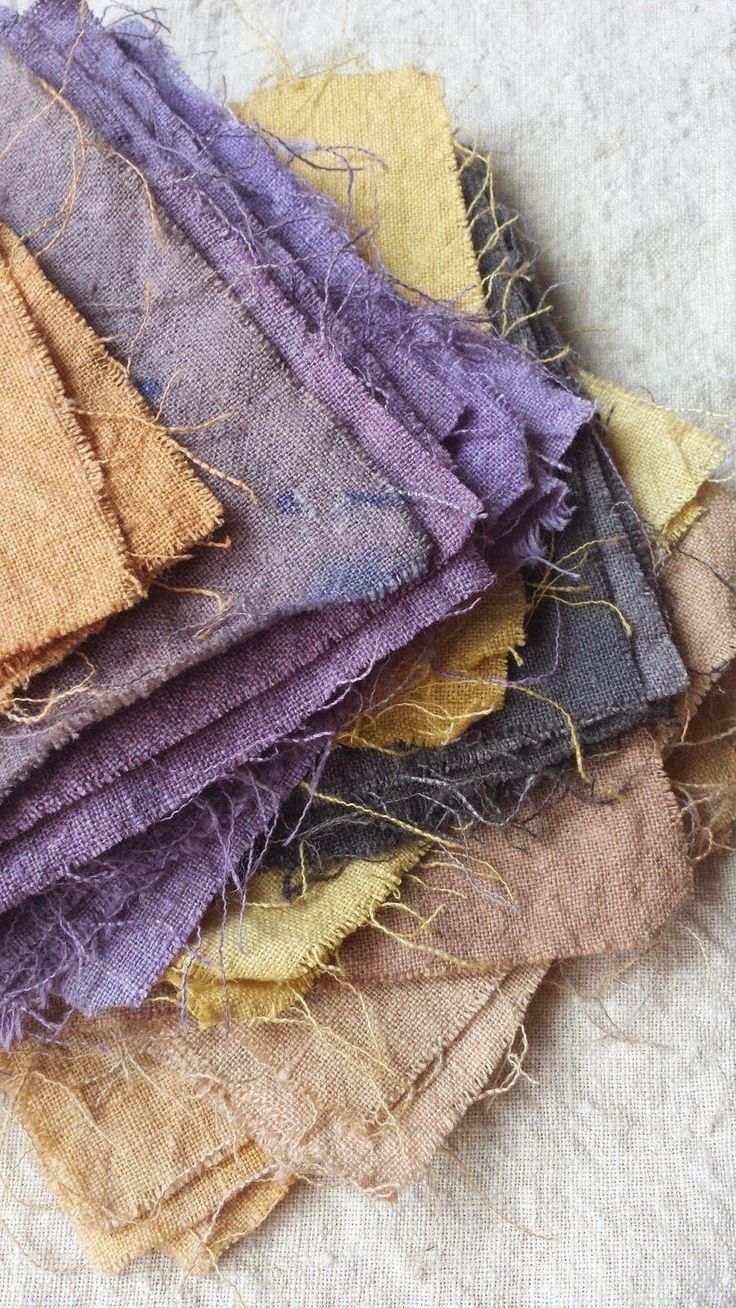What does ethical fashion mean?

Solidarity, vegan, transparent, local fashion... there are many characteristics that seem to define what ethical fashion is.
In fact, ethical fashion mainly involves producing under fair conditions and in a responsible manner in order to avoid overproduction, while favoring the use of sustainable processes and materials with low environmental and social impact.
Ethical fashion must therefore be:
- Transparent, whether on the labels or on the website, we must be able to have the details of the materials and as much information as possible on traceability.
- Socially responsible, across all links in the clothing value chain.
- More ecological, through all stages of the clothing life cycle.
How to produce ethically and responsibly?
A brand that wants to be ethical must integrate social and environmental issues into its production. Be careful, this should not only concern the making of the garment. It's about trying to improve all stages of a product's life cycle because they all have a significant impact on the environment and on the health of workers.
If you would like to know more about the consequences of the different stages of a product's life cycle, here is an article that may interest you: https://www.perus.co/blogs/perus/impact-environnemental-de-la- fashion-the-5-stages-of-the-life-cycle-of-a-clothing
Here are some main points that may be interesting to explore:
When extracting raw materials, priority should be given to the organic cultivation of eco-responsible natural materials (which use less water and do not require pesticides or chemicals that are harmful to the health of farmers!).
Secondary raw materials, such as recycled natural/synthetic/artificial materials are also a great alternative.
We must ensure the quality of the fiber and the low environmental impact of its recovery to be able to produce clothing that lasts over time.
When making clothing, it is appropriate to promote production and transformation processes that are environmentally friendly and consume less energy and water. This can involve adopting a Zero Waste Design plan, obtaining certain labels (GOTS, Ecocert-Textile or European Ecolabel, which certify that during manufacturing, energy consumption and pollution of water have been limited) and by choosing production locations close to places of sale.
We could also favor places of production which have a social interest; places of professional reintegration or social integration.
During transport, it is appropriate to reduce (then ban) supply by air, limit packaging as much as possible whether for shipments or packaging, and favor eco-responsible materials that are easily recycled or even better which are compostable.
When using the garment, all the producer can do is ensure that they have chosen quality eco-responsible materials that do not release (or as little as possible) micro particles harmful to the environment during manufacturing. washing.
At the end of life, quality materials should be favored which can be recycled at the end of life in a circular economy principle (therefore avoiding mixes of materials that are difficult to separate!). We can also take it upon ourselves as producers to provide repair points and distribute collection points for textile products so that we can recycle or reuse them!
In short, an ethical brand must above all constantly question itself in relation to its production model but also its governance and demonstrate transparency on its social and environmental commitments throughout its entire production chain.
We are absolutely aware that implementing these approaches is not easy for all companies and that it requires significant investments.
We ourselves are not perfect and we are actively working to strengthen our CSR strategy and contribute to more ethical and responsible fashion.
Responsible production is important but ethical fashion is only possible if it is accompanied by reasonable consumption!
Coming soon, an article on how to consume better!






